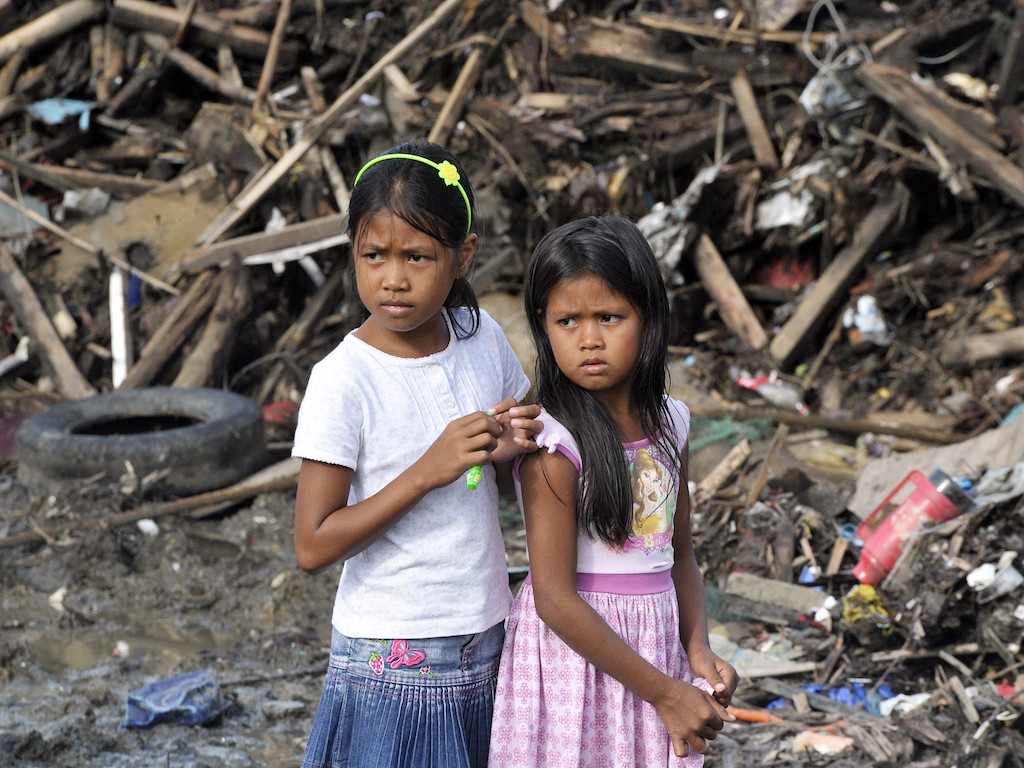3 Mins Read
The coronavirus outbreak, now declared a global pandemic, will eventually enable humanity to reset its values for the benefit of the planet, said top trend forecaster Li Edelkoort. In an interview with Dezeen, Edelkoort said that the coronavirus is now causing a “quarantine of consumption” that will usher in a “better system” for the environment and people. Her views are echoed by climate activists, who are saying that much of the response to the coronavirus has been quick, decisive and drastic, proving that world governments can and do have the capacity to bring about the necessary changes to fight the similarly urgent issue of the climate emergency.
In an interview with influential design magazine Dezeen, top fashion trend-spotter Li Edelkoort says that the coronavirus is an opportunity for the world to restart “for a new beginning”. Covid-19, which has now been declared a pandemic by the World Health Organisation (WHO) as the number of deaths reaches over 4,600 and infection cases climb to 126,000, is creating a “quarantine of consumption,” Edelkoort said.
Edelkoort’s comments follow her trend predictions at the beginning of this year for the next decade. She forecasted a transformation of the fashion and design industry towards “ecology”, adding that consumers around the world will wake up to the fact that having more things will not necessarily lead to more happiness or health because overconsumption is destroying the planet.

Ultimately, the current disruption to global supply chains and transportation as a part of the world’s containment efforts will make people used to living with fewer possessions, travelling less and eventually lead to environmental benefits. She pointed to the recent satellite images above China, which showed a dramatic drop in pollution levels since the coronavirus containment measures were put in place, as an example of “how two months without production cleared the skies and allowed people to breathe again.”
She added in the interview that she is hopeful that once Covid-19 is under control, a “better system” can be put in place, one that has more respect for human labour and is more attuned to the dangers of the climate emergency.
Other environmental campaigners and climate activists have echoed Edelkoort’s remarks. In conversation with Fast Company, May Boeve, the executive director of climate advocacy group 350.org said that the fast, coordinated and collective response to the coronavirus exemplifies the potential actions that governments could quickly implement to fight the climate crisis – as long as there is the political will to do so.
The reaction to contain the coronavirus outbreak is “exactly what the climate movement has been asking governments and people to do for years in the face of a different kind of threat—the climate crisis—and we don’t see commensurate action,” Boeve said.

Pressure on authorities from youth activists and scientific bodies have ramped up in recent months as environmental issues climb to the top of the agenda. Unicef’s recent report, for instance, criticised governments for failing to protect children from climate risks, while another analysis conducted by over 200 scientists warned that overlapping climate disasters could lead to global collapse of humanity altogether.
But despite repeated calls for governments to take swift action on climate change, the response across the world has paled in comparison to that of the coronavirus, which has led to travel bans, school closures, work-from-home measures and drastic changes to daily habits. The level of urgency that scientists say is necessary to face climate change has yet to take place for the single biggest threat to the planet today.
Read our earlier news coverage of Covid-19 here & find more news on the climate emergency here.
Lead image courtesy of Dutch Design Week.




